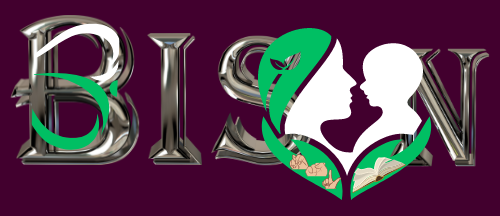Hello parents of young deaf children in Nigeria and the professionals who work with them,
I am Mrs. Bernice Oyeleke, a Deaf early childhood professional dedicated to supporting parents of young deaf children in Nigeria as they navigate the language and developmental milestones of their children. With over a decade of experience in deaf education, I have taught deaf children and worked closely with their parents. I hold both undergraduate and master’s degrees in Special Education and Deaf Education, both obtained with distinction from the University of Ibadan. Currently, I am pursuing my PhD at Gallaudet University, and I have had the privilege of presenting at both local and international conferences on issues related to deaf education. And most importantly, I am Deaf myself.
I understand how overwhelming it can be when you first discover that your child is deaf. You might experience feelings of disappointment or denial, searching for solutions or hoping for change. And when the situation doesn’t change, you may find yourself holding on to passive hope or passive acceptance of the deafness. Throughout this journey, I commend you for the strength you’ve shown.
In Nigeria, newborn hearing screening is not yet standard practice, unlike in many developed countries. As a result, many parents only realize their child is deaf when speech doesn’t develop as expected. This can lead parents to take various steps to reassure themselves that their child is not deaf—some enroll their child in preschool hoping speech will develop, while others seek medical advice. Eventually, many parents come to terms with the diagnosis after testing or seeing their child’s lack of progress with speech. These experiences point to the issue of late identification of deafness.
For children born deaf or who became deaf before learning speech, late identification can have severe consequences for their development. Language acquisition begins at birth, and the language a child receives is crucial for their cognitive and socio-emotional growth. When a deaf child is identified late, they miss out on these critical early opportunities.
While many deaf children in Nigeria eventually attend schools for the deaf and begin learning through sign language, the years lost before they have access to language are significant. Parents often receive little or no support in learning to sign with their child. Since the critical age for language development is from birth to three years, these missed opportunities can lead to developmental delays.
Parents are key players in their deaf child’s language acquisition journey. There are evidence-based strategies that parents can use to support their child’s language development through sign language. While medical interventions like hearing aids, speech therapy, or cochlear implants can be helpful, research shows that the outcomes are variable and not guaranteed. Early exposure to sign language, however, provides a consistent way for deaf children to access language visually.
There are many strategies parents of deaf children can adopt to foster language acquisition through sign language. This website is dedicated to providing parents of young deaf children with the information and resources they need to support their child’s language development.
For more resources and information, watch this video:
Simms, L. Scott, S. & Kite, B. (2017). Maximizing Language Acquisition: ASL and Spoken English. [Video Webinar]. Maximizing Language Acquisition: ASL and Spoken English.


Please leave us your comment.